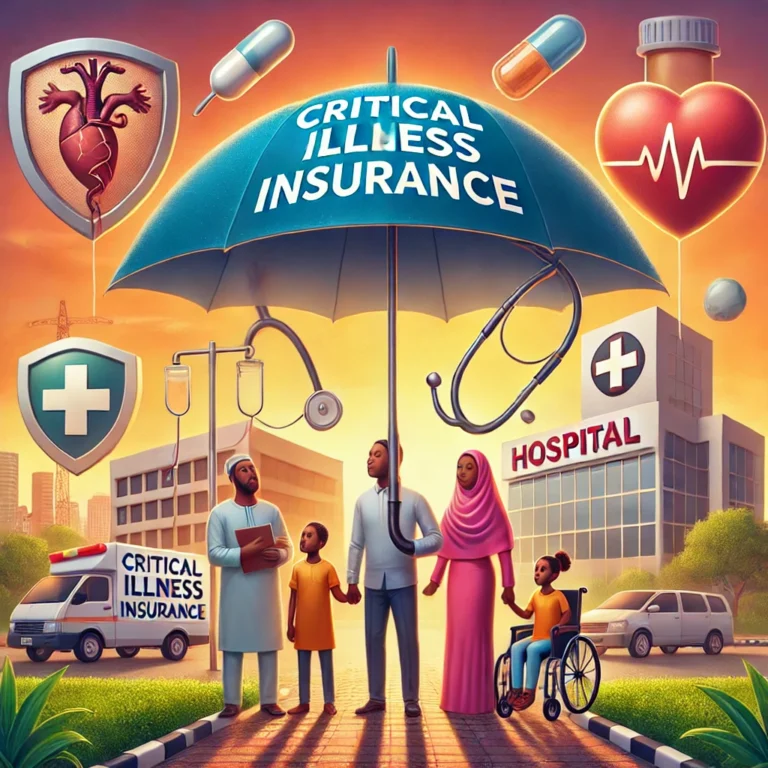
Car insurance is an essential part of vehicle ownership in Nigeria, serving as a safeguard against unforeseen events and financial liabilities. However, navigating the landscape of car insurance can be daunting, especially when choosing between the two most popular options: Comprehensive Insurance and Third-Party Insurance. This article breaks down these options and explores their relevance to Nigerian drivers.
Understanding Third-Party Insurance
Third-Party Insurance is the minimum legal requirement for all vehicle owners in Nigeria. This policy covers the insured’s liability to third parties for bodily injury, death, and property damage caused by the insured vehicle. It does not cover damages to the insured’s vehicle or injuries sustained by the policyholder.
Key Features of Third-Party Insurance:
- Legal Compliance: Ensures adherence to the Federal Road Safety Commission’s regulations.
- Affordability: Typically, the most cost-effective insurance option.
- Coverage: Includes liability for:
- Bodily injury or death of third parties.
- Damage to third-party property (up to a specified limit).
Who Should Consider Third-Party Insurance?
This type of insurance is suitable for drivers who:
- Own older vehicles with lower market values.
- Primarily use their vehicles in low-risk environments.
- Are looking for an affordable way to meet legal requirements.
Understanding Comprehensive Insurance
Comprehensive Insurance offers broader coverage compared to Third-Party Insurance. It not only covers third-party liabilities but also protects the insured vehicle against accidental damage, theft, fire, and natural disasters.
Key Features of Comprehensive Insurance:
- Extensive Coverage: Includes damages to the insured vehicle, theft, fire, and vandalism.
- Add-Ons: Policyholders can customize their plans with optional add-ons such as windscreen replacement, flood cover, and roadside assistance.
- Premiums: Higher premiums due to the extensive coverage.
Who Should Consider Comprehensive Insurance?
This policy is ideal for:
- Owners of new or high-value vehicles.
- Drivers who frequently commute in high-traffic or high-risk areas.
- Individuals seeking peace of mind and financial security.
Comparing Comprehensive and Third-Party Insurance
| Feature | Comprehensive Insurance | Third-Party Insurance |
|---|---|---|
| Coverage | Insured vehicle and third-party liabilities | Third-party liabilities only |
| Premium Cost | Higher | Lower |
| Customizability | High – Add-ons available | Limited |
| Legal Compliance | Yes | Yes |
| Best For | High-value or new vehicles | Older or low-value vehicles |
The Relevance of Car Insurance in Nigeria
In a country with a high rate of road accidents and vehicle theft, car insurance plays a critical role in minimizing financial losses and ensuring compliance with the law. Whether opting for Third-Party Insurance or Comprehensive Insurance, having the right coverage can make a significant difference in:
- Financial Protection: Reduces the financial burden of accidents, repairs, and legal claims.
- Peace of Mind: Allows drivers to focus on their journeys without worrying about potential liabilities.
- Risk Management: Protects assets against unforeseen risks such as theft, vandalism, and natural disasters.
Choosing the Right Insurance for You
When deciding between Comprehensive and Third-Party Insurance, consider the following:
- Vehicle Value: High-value cars are better protected under Comprehensive Insurance.
- Budget: Third-Party Insurance is a cost-effective solution for meeting legal requirements.
- Driving Habits: Regularly driving in high-risk areas may warrant the extensive protection of Comprehensive Insurance.
- Risk Tolerance: Evaluate how much financial risk you are willing to bear in case of an accident or damage.
Conclusion
Car insurance is not just a legal obligation but a crucial aspect of responsible vehicle ownership in Nigeria. While Third-Party Insurance ensures legal compliance at a minimal cost, Comprehensive Insurance offers extensive protection for those who value broader coverage. Ultimately, the choice between these two options depends on your individual needs, preferences, and financial situation. Regardless of your choice, investing in car insurance is a step toward protecting yourself, your assets, and others on the road.








